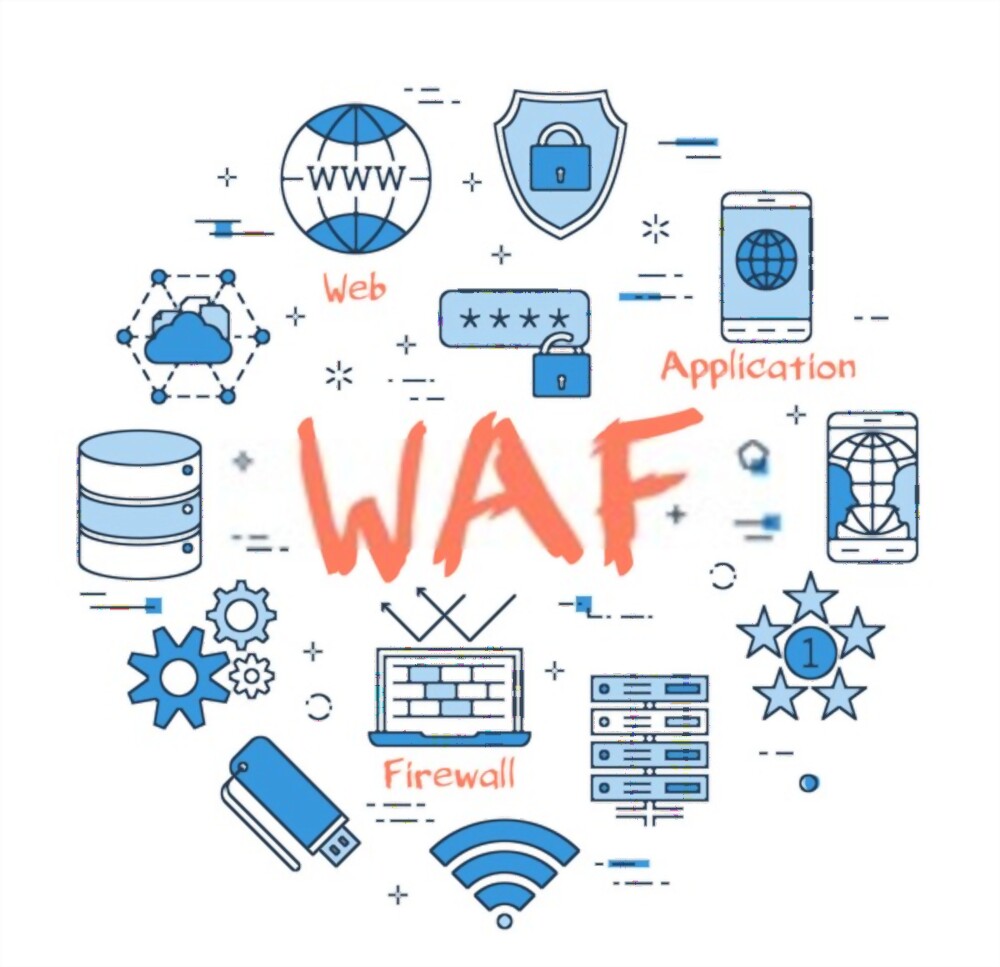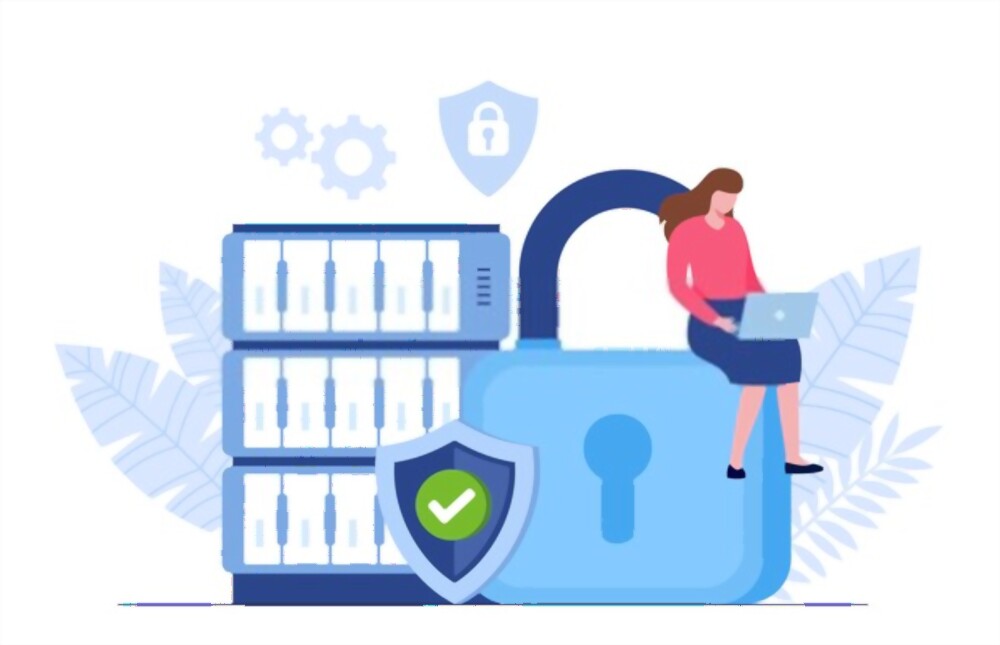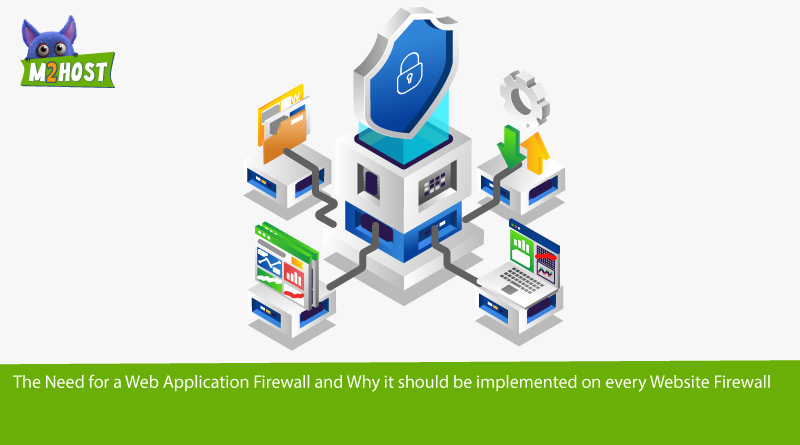You should rethink your belief if you think that no one will ever try to hack into your website firewall if you run it because they can be wrong. Your website firewall is vulnerable to hacking attacks, and there is a chance that it will be hacked as a direct result of the increase in the number of hacking assaults. There has been a rise in the implementation of a wide array of security procedures across websites, and this is something that will work to your advantage.
Google has also been putting a lot of stress on the concept that every website firewall should convert from HTTP to HTTPS; this implies that every website firewall should have an SSL certificate set up on it. This change requires every website firewall to have an SSL certificate set up on it. If your website firewall does not have an SSL certificate installed, there is a possibility that the search engine rankings will drop, and there is also the possibility that your website firewall will be flagged in a variety of browsers, which will lead users to the conclusion that it, is not a secure website firewall to browse.
Both of these scenarios are undesirable outcomes. Because Google places a high level of importance on websites with the “HTTPS” protocol installed, the search engine rankings of your website firewall may suffer as a result of this. If a large red warning banner is placed next to your website firewall, your site’s visitors will not have a very favorable impression of their ability to browse your website firewall with self-assurance or feel safe making purchases from your website firewall. This impression is not going to bode well for your business.

Chrome will display the following warnings whenever it encounters a website that it considers to be unsafe:
It is an essential component for any website firewall that gathers client information to have the URL of the website firewall begin with “HTTPS.” This is a wonderful technique to establish the validity of your website, and it is also a must for any website that does so. This is true for all websites that engage in online commerce, as well as for those that are primarily focused on lead generation. This holds true for every other kind of firm website that can be accessed online right now as well.
HTTPS isn’t enough to ensure security
If you have HTTPS set up on the internet, you may rest confident that any potential security issues have been resolved. Even while HTTPS is undeniably crucial to the protection of websites, there is still something else that needs to be done. The topic of website firewalls is currently receiving much attention and discussion from a diverse group of website firewall proprietors and professionals from related fields. New reports of severe security vulnerabilities on websites appear after they are published. Most commercial and online retail websites, including those used for e-commerce, are susceptible to identity theft and data breaches, similar to the ones that Equifax encountered. There is always the chance that a huge firm’s website firewall is not as secure as it looks to be, even when the organization in question is a reputable one. The hack that led to the breach at Equifax was successful, although there was an SSL certificate in place. The reality is that even if your website firewall uses HTTPS, it will not always be feasible to prevent hackers from hacking into your website database. This is the case regardless of whether or not your website firewall employs HTTPS. Because HTTPS is unable to stop hostile attacks, which can knock down your entire website and steal all of your vital client information, you need something additional to safeguard your corporate website. If you want to keep your customer’s information safe, you need to defend your website.
You will need a website firewall that was developed with a web application firewall in mind, especially.
If your website is already operational with HTTPS, then you have successfully finished the initial stage, which is considered to be the most important. If your website does not already use HTTPS, it is absolutely necessary for you to switch to using it as soon as feasible. Regarding website security, having HTTPS enabled is the bare minimum requirement; after you’ve reached that milestone, it’s time to go on to the next step! One method to go the additional mile in this area is to get a web application firewall so that the amount of protection that your website firewall has can be increased. The web application firewall contains a specified set of principles, which ensures the website’s safety by preventing unauthorized access to the web application firewall. The following are some of them:
- Utilizing a web application firewall to restrict access to your website from sources that are not authorized to do so on the internet
- Protecting your website firewall from attempts to hack it, including brute force assaults, distributed denial of service attacks, SQL injection, cross-site scripting, and zero-day exploits
- Implementing virtual patching before the release of formal patches by notable content management system platforms
Because all of this is done on a routine, preventative basis rather than a reactive one, your website firewall will not have any security vulnerabilities due to the work that has been done. A web application firewall can recognize an attack and halt it before it can have any significant impact on the system. If despite all of these safeguards, a hacker can still get into your website, a web application firewall (WAF) can help you remove all of the harmful code from your website firewall in a more practical manner while keeping the expense to a minimum.
A web firewall for online applications is not the panacea for all security problems. A web application firewall can increase the performance of a website firewall while simultaneously guaranteeing that it functions properly by utilizing cutting-edge caching technology. This can be accomplished in several ways. When you install a web application firewall on your website, not only will it become faster, but it will also become more secure; these are, without question, the two most valuable traits in the contemporary global online world.
Because you might be under the notion that hackers are not interested in targeting your website, you might believe that a web application firewall is not something you need.

It’s possible that you have the IMPRESSION that there is no risk to your website, but the REALITY is different from that! The vast majority of website firewall proprietors think that large websites are the ones that are hacked the most frequently. What is the point for a hacker to break into a website firewall that only receives a few visitors each month if there is nothing for them to steal? The answer to this question is that a hacker may be able to access significantly more information from your website firewall than you imagine they would. In today’s climate, the majority of hackers do not simply go behind the massive amounts of data; rather, they aim to steal the social security numbers, and credit card information of individuals in a single fell swoop. This is because hackers believe that this is the easiest way to make money.
There are many different types of hacking attempts that are made for motives that are not extremely hazardous. For instance, multiple cybercriminals would break into your web application firewall in order to send out a large number of unsolicited emails, which are known as spam. Both the dependability of the website firewall and its usability could be negatively impacted if the malicious code that the hackers inject is allowed to run.
The following warning may appear in the Google search results for a website firewall that has been compromised: “This site may be hacked.” This results in a wide range of unfavorable consequences, some of which are as follows:
- The possibility of the data being lost or destroyed.
- A drop in the base’s overall faith in the product or service
- Disclosure of personal as well as secret information regarding customers, in addition to other information
- The risk that your website firewall or email addresses will be placed on a blacklist
- Significant drops in the position that your website firewall now occupies across the majority of search engines
- Lost opportunity to make money as well as lost income
However, if your website firewall is susceptible, you will surely face the negative repercussions that have been discussed above. Hackers, in the vast majority of cases, do not intend to purposefully cause harm to your company.
The reality is that hackers will perceive your website firewall as a target regardless of its size. Therefore the size of your website firewall does not affect whether or not they would target it.
Conclusion
Your website firewall is a concept you had made real by a web application firewall, thus protecting it is crucial that you employ all the available methods of security. Having a website automatically makes you a potential victim of hackers. These thugs are continuously on the lookout for fresh prey. In order to ensure the security of your website’s firewall, it is not sufficient to only install an SSL certificate and have strong passwords for your website. Internet use is crucial to a vast array of business dealings, but it also comes with its own set of risks. Thus, a web application firewall is crucial for ensuring the security of your website and providing the best possible performance. This is a small investment to pay for peace of mind that your website’s firewall will be secure against intrusion attempts.



